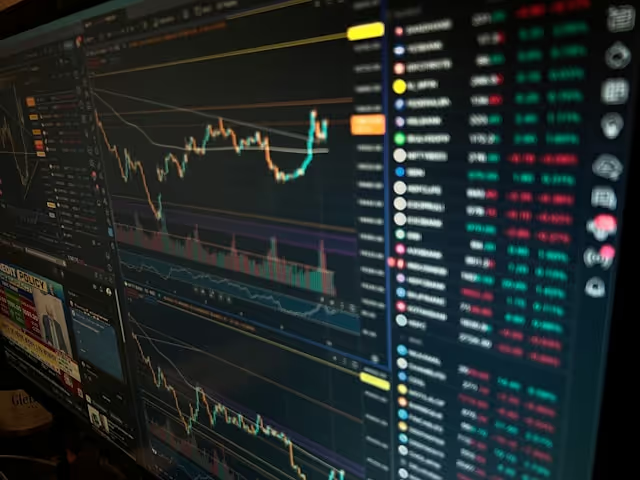Between compliance, reputation, and digital exposure
The retail sector — both brick-and-mortar and e-commerce — operates under intense scrutiny due to its proximity to consumers, reliance on complex global supply chains, and increasing regulatory obligations tied to data protection, labor rights, and sustainability. Retailers are directly exposed to reputational backlash, ESG enforcement, and cyber threats — all amplified by the speed of digital communication.
Key Risks
Labor Violations in Supply Chains
Retail brands sourcing from low-cost production countries are regularly implicated in labor rights violations. The Rana Plaza disaster (2013), in which over 1,100 workers died in a Bangladesh factory producing for Western brands, remains a turning point. Since then, the EU has developed mandatory due diligence frameworks (e.g., CSDDD) targeting retailers' responsibility for their suppliers’ practices.


Greenwashing and Misleading Advertising
Several retailers have been fined or publicly criticized for vague or deceptive environmental claims. In 2022, H&M and Decathlon were warned by consumer protection authorities in Europe for using generic terms like “conscious” or “eco” without evidence.
Greenwashing now carries legal risks under consumer protection and unfair commercial practices laws.
Data Privacy and Customer Profiling
Retailers collect vast amounts of customer data through loyalty programs, online purchases, and behavioral tracking.
In 2021, Carrefour was fined €3 million by the CNIL for excessive data retention and failure to respect consent mechanisms under GDPR.
.avif)

Cybersecurity Vulnerabilities
E-commerce platforms are frequent targets of phishing, ransomware, and payment card data breaches. High-profile incidents involving Target (2013) and British Airways (2018) resulted in multimillion-dollar fines and class actions.
Retailers must now treat cybersecurity as a core compliance issue, not just a technical one.
Sector Trends

Mandatory ESG and Climate Disclosures
Under the CSRD and EU Taxonomy, utilities must disclose their environmental impact, climate transition plans, risk exposures, and governance structures — subject to audit.

Consumer Expectations and Brand Accountability
Consumers are increasingly demanding transparency on product origins, ethical sourcing, and brand values. Social media can rapidly amplify any misstep — from a poor customer experience to a labor scandal.

Digital Commerce Regulation
With the rise of online marketplaces, regulators are tightening rules on platform accountability, fake reviews, and product safety (e.g., the EU Digital Services Act and Product Liability Directive revisions).
What This Means for Your Business:
You are accountable for the conduct of your entire supply chain — ignorance is no longer a defense.
Non-compliance with labor, data, or environmental laws can lead to public boycotts, legal actions, and regulatory fines.
Success in retail now depends as much on ethical governance and digital compliance as on pricing and merchandising.

Sources
European Commission, Corporate Sustainability Reporting Directive (CSRD), 2022
French Loi de Vigilance, 2017 & German Supply Chain Act (Lieferkettengesetz), 2023
CNIL, “Carrefour fined €3 million for GDPR violations,” 2021
Rana Plaza Collapse Reports – Human Rights Watch & Accord, 2013
UK CMA and Dutch ACM, “Green Claims Code,” 2022
U.S. FTC, “Target Data Breach Investigation,” 2013
EU Digital Services Act & Revised Product Liability Directive, 2023

